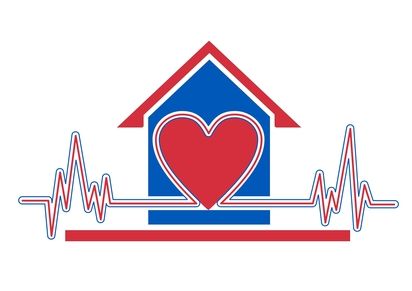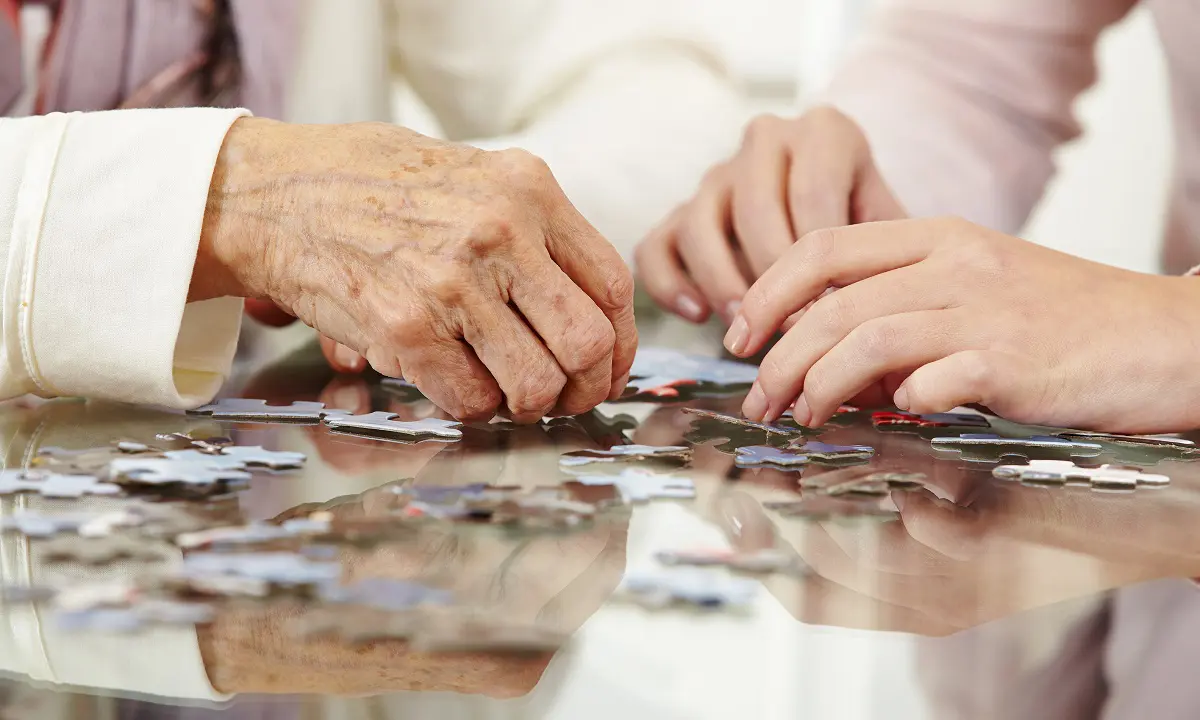Series on Successful Dementia Home Care Tips
Learn valuable tips for caring for a loved one with dementia at home, including routine and consistency, medication safety, mindfulness, and creating a safe environment. Discover how to adapt to new surroundings, manage drug interactions, and become an expert in dementia care.

Over the next few pages you will find some valuable dementia home care tips developed from years of experience, that we wish to share with you. Naturally, the degree to which you are able to carry out any of these ideas will depend mostly on the nature and degree of the phase of dementia and other associated medical issues you might be handling, such as diabetic issues or arthritis.
Let's beginning with the fundamentals of dementia home care tips...
Routine and consistency are very important to a person with dementia. If you move or change their physical environment,allow time for your relative to adapt to the new surrounding.
Those with dementia do not adjust quickly to new environments. Moving your family member into your home, for example, is a psychosocial change that can be scary and confusing for them.
Taking some time to recognize and understand this this will pave the way for simpler dementia home care.
Getting in a brand-new setting (and this includes relocating into an assisted living or long-term care center) can cause anxiety for the dementia patient, even in the early phases of the illness. Allow 2 to 3 weeks for things to work out down and adjust to the modification.
If a mental test, such as the MMSE (Mini Mental State Exam), Cognistat, animal identifying, clock illustration, or other mental status tests are to be done, it may be smart to wait until after this adjustment period.
Medication safety is a major concern
Chances are the person with dementia will have various other medical diagnoses besides dementia, commonly needing many medications. If a a senior takes at least six different meds (very common), one study purports that they have at least an 80 % possibility of experiencing a drug-on-drug reaction. Lots of take much more than 6 different medications, so it's easy to see how medication interactions can occur.
Knowing side effects changes when a brand-new medicine is introduced, when a medicine is discontinued , or when the dose or scheduled time changes. Medication safety is important for efficient and safe dementia home care. Keep records of the response to the medications for future reference. It is also vital to take note of discontinued medicines for future reference too.
More on Dementia Home Care Tips ....
Practice mindfulness
Those with dementia are sensitive to feelings and emotions and they can "pick up" whatever mindset you display. Your mindset and emotional responses can actually decrease the rate decline in the the person with dementia. It is also thought that those that practice mindfulness may actually postpone or prevent dementia.
Offer a safe environment
The individual with dementia might not be able to differentiate a safe circumstance from a harmful one. Providing dementia home care absolutely needs provisions to ensure the safety of your family member.
This can include a variety of interventions, such as keeping track for the potential elopement, keeping hallways clear of obstacles, assisting with ambulation (walking) and transferring when needed, keeping dangerous materials out of reach, and so on
A person with dementia not only has their thought processes affected, their balance is affected too. Keep in mind when your children were little and you needed to baby proof the house? The exact same policies make an application for an individual with dementia.
Become a great student-- the finest learning experience is time spent with those who have dementia. You will become the specialist in dementia care and have the ability to instruct the healthcare specialists, a overwhelming and extremely frustrating job sometimes.
Providing care is a consistent knowing experience if you are caring for someone with dementia at home. You are discovering more about dementia with every act of care you provide and every moment you spend with your relative.
As the individual caregiver who actively caring for the dementia patient, you are in a much better position than a lot of anybody else when it comes to understanding the disease.
That is why it is so essential to develop a person centered care profile early in the disease process.
Many people with dementia live with the condition for as long as 6 to 20 years after diagnosis. You will learn which of personality traits may be reduced by, or triggered by, the dementia.
Taking time to establish a person centered care profile, in the very early stages of dementia, enables you to establish a sense of your family member, so that when healthcare professionals become involved, they see a person, not a diagnosis.
Learn More on Dementia Home Care Tips ....
Communications with Dementia here
More on Understanding Behaviors
Find a book on Kindle on Dementia Behaviors
A Dementia Care Plan: Ambulation and Fall Safety
Dementia Care at Home: Let's Discuss Toileting
Caregiving for the Elderly with Dementia: Dressing
Caring for Aging Parents with Dementia:Personal Care Tips
Have a Family Member with Dementia Cooking Safety Tips
Managing Finances for Elderly Parents with Dementia
Dementia Activities of Daily Living: Housework
Laundry As an Activity with Dementia Can be Fun
Solutions for Dementia Vision Problems








